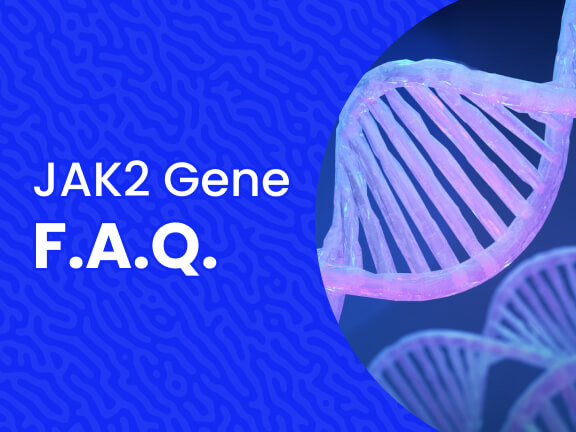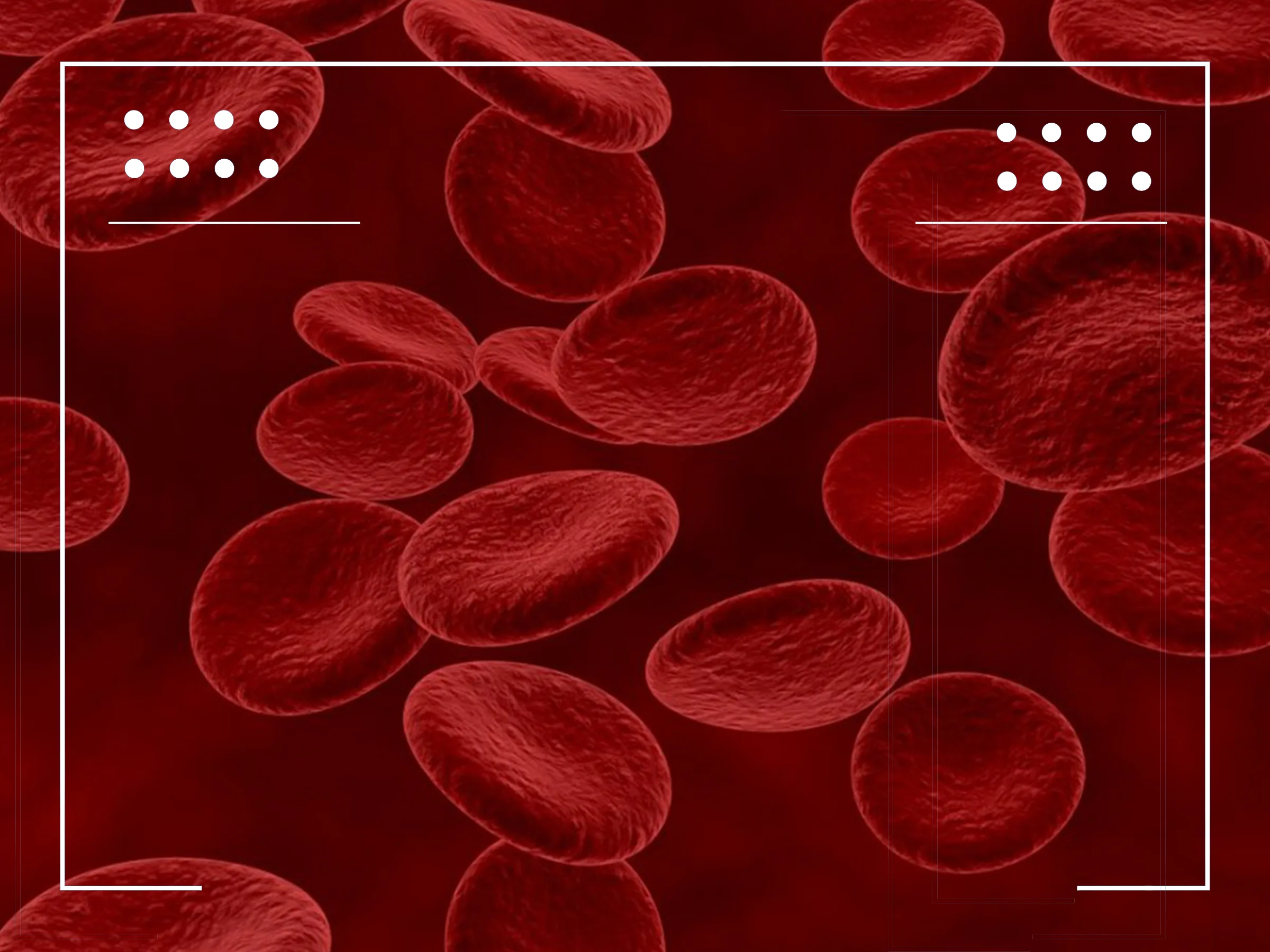Colon cancer treatment strategies are deeply influenced by the stage of the disease at diagnosis, with early detection significantly improving the prognosis. Surgery is often the primary mode of treatment, especially for localized tumors, aiming to remove the cancerous sections and nearby lymph nodes to prevent spread. For more advanced stages, chemotherapy and radiation therapy are used to kill cancer cells, shrink tumors, and alleviate symptoms. Targeted therapy and immunotherapy are newer forms of treatment that focus on specific aspects of cancer cells, such as proteins or genetic mutations, to block the growth and spread of cancer more effectively.
Colon cancer treatment plans are tailored to the individual’s health status, preferences, and the specific characteristics of their cancer. This personalized approach might include a combination of treatments aimed at maximizing effectiveness while minimizing side effects. Advances in medical research have led to the development of drugs that target specific pathways involved in cancer cell growth, offering hope for patients with advanced or recurrent colon cancer. Alongside these treatments, supportive care plays a crucial role in managing symptoms, improving quality of life, and assisting patients through the emotional challenges of a cancer diagnosis. Nutrition and lifestyle modifications are also recommended to support overall health and recovery during and after treatment.
Colon Cancer Treatment Options
Colon cancer is a complex and multifaceted disease, requiring a comprehensive approach to treatment that often involves a combination of therapies. The choice of treatment for colon cancer depends on several factors, including the stages of the cancer, the patient’s overall health, and the specific characteristics of the tumor.
One of the most common treatments for early-stage colon cancer is surgery to remove the cancerous tissue, a procedure that may involve a resection of a portion of the colon. For cancers detected at a more advanced stage, particularly stage 4 or metastatic colorectal cancer, treatment options are more varied and may include systemic therapies such as chemotherapy, targeted therapy, and immunotherapy.
New treatment for colon cancer stage 4 often focuses on the latest advancements in medical science, such as precision medicine and immunotherapy. These treatments are designed to target cancer cells more effectively while sparing healthy cells, leading to better outcomes for patients.
The process of determining the most appropriate course of action involves colon cancer staging, which is a critical step in the treatment process. This staging helps determine the extent of the cancer and whether it has spread to other parts of the body. Staging cancer colon involves a variety of diagnostic tests, including imaging tests like CT scans and procedures like colonoscopy.
Understanding the Disease and Its Treatment
The causes of colorectal cancer can vary, with factors such as genetics, diet, lifestyle, and environmental exposures playing roles. However, the exact cause of colon cancer is not always clear. Understanding these factors is crucial for prevention and early detection.
Treatment strategies may include:
- Surgery to remove the tumor and surrounding tissues,
- Adjuvant chemotherapy to kill any remaining cancer cells after surgery,
- Targeted therapies that focus on specific DNA mutations or characteristics of the cancer cells,
- Radiation therapy, especially for rectal cancer, to shrink tumors and kill cancer cells.
In recent years, the use of circulating tumor DNA (ctDNA) has emerged as a valuable tool for detecting cancer recurrence early and tailoring treatment to the individual’s specific cancer profile. This approach is part of a broader algorithm that healthcare providers use to create a personalized treatment plan for each patient.
Key Components of Comprehensive Care
- Symptoms management and palliative care to improve quality of life,
- Regular colonoscopy screenings for early detection and prevention,
- Genetic counseling for patients with a family history of colorectal cancer,
- Supportive care services, including nutrition and physical therapy.
Understanding the stages of cancer of the colon is vital for patients and their families to grasp the prognosis and treatment options available. Cancer stages colon range from stage I, indicating a localized cancer, to stage IV, which signifies widespread metastatic disease.In conclusion, treatment for colorectal cancer requires a multidisciplinary approach tailored to the individual’s needs and the specifics of their cancer. Advances in research and the development of new treatment modalities continue to improve the outlook for patients with this disease, offering hope for more effective treatments with fewer side effects.












